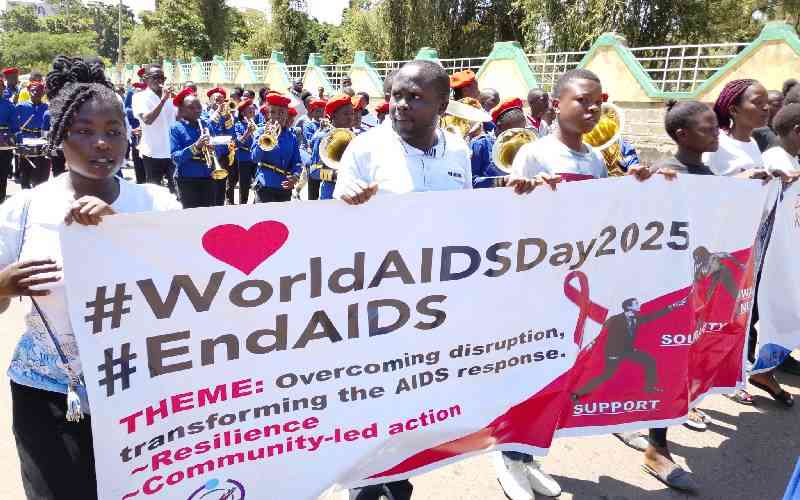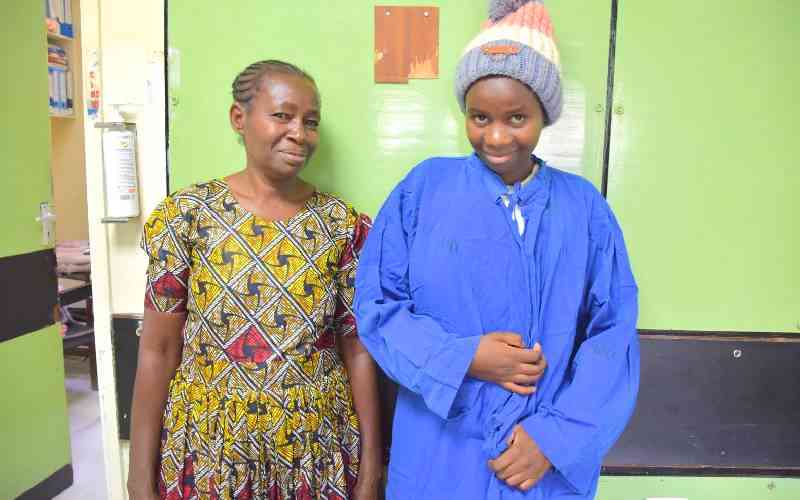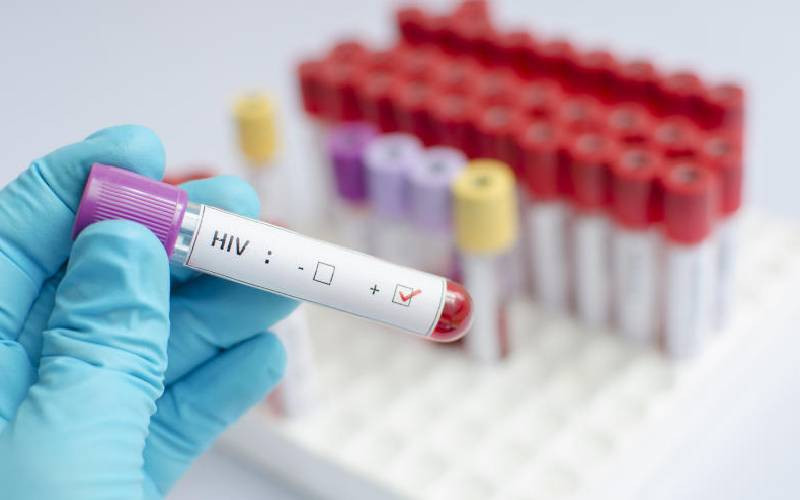
A new study has revealed that sexual health knowledge and modern contraceptive use among women with disabilities in many countries, including Kenya, is very low.
Data from the analysis shows that in Kenya, 14 per cent of the women with disabilities use modern contraceptives, while 16 per cent have good knowledge of sexual health.
On the other flipside, the analysis rated the usage of contraceptives among women with disabilities as better in Uganda and Rwanda compared to Kenya.
In Uganda, 27 per cent of the women with disabilities use modern contraceptives, and at least 31 per cent have moderate knowledge of sexual health.
Despite the critical need for modern contraceptives in reducing unintended pregnancies and maternal deaths, the study reveals that most women with disabilities have a higher burden of sexual and reproductive health challenges.
The findings also show that more educated women with disabilities use modern contraceptives and had higher knowledge of sexual health.
The study shows low usage of modern contraceptives among women with disabilities in rural areas in Kenya.
The study, which was published in February 2025 in Biomed Central, a science research website, sought to understand the sexual health knowledge and the use of modern contraceptives among women with disabilities across the continent.
The team of international researchers analysed data from ten African countries, including Kenya, Uganda, Chad, the DRC, Malawi, Mali, and Nigeria, among other countries. The analysis revealed that many women with disabilities have limited knowledge about sexual health and low use of contraceptives.
“Our study shows that many women with disabilities across Africa have limited knowledge about sexual health and low use of modern contraceptives,” the researchers noted.
The study revealed that most women with disabilities lack access to information on contraceptives. Low levels of education and a lack of awareness by the communities are highlighted as the highest contributors.
In Kenya, the study revealed the lowest modern contraceptive use among women with disabilities in Mandera, Wajir, and Marsabit.
The study notes that despite various policies and agreements at the national and international level, women with disabilities continue to experience different forms of sexual and reproductive violations, including forced sterilisation, forced abortions, lack of access to contraceptive choices, and limited access to sexual health information. They also face sexual abuse.
The researchers said that lack of access to modern contraceptives among women with disabilities, coupled with lack of knowledge on sexual health, increases the chances of unintended pregnancies, unsafe abortions, and sexually transmitted infections.
"Yet there is a lack of attention to the sexual and reproductive health problems of women with disabilities in Sub-Saharan Africa, although they have the same sexual and reproductive health needs as those without disabilities,” the study notes.
The findings rated DR Congo, Chad, and Mauritania as having the lowest usage of modern contraceptives and poorest sexual knowledge among women with disabilities.
 The Standard Group Plc is a multi-media organization with investments in media
platforms spanning newspaper print
operations, television, radio broadcasting, digital and online services. The
Standard Group is recognized as a
leading multi-media house in Kenya with a key influence in matters of national
and international interest.
The Standard Group Plc is a multi-media organization with investments in media
platforms spanning newspaper print
operations, television, radio broadcasting, digital and online services. The
Standard Group is recognized as a
leading multi-media house in Kenya with a key influence in matters of national
and international interest.











